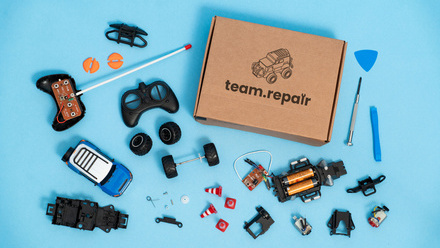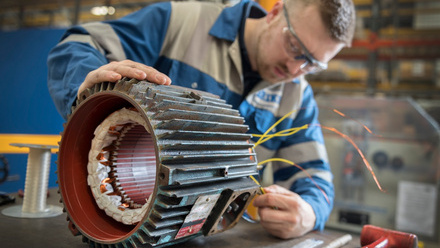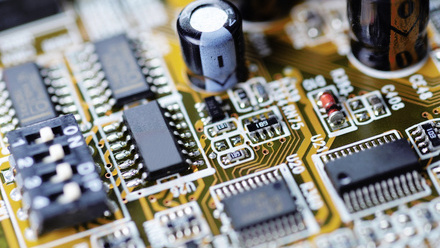Energy Bill Reduction for Plastics Processor
Historically, plastics manufacturers have used DC motors to power extruders, while some turned to larger traditional AC induction motors. With today’s focus on bottom-line results, manufacturers are increasingly looking to reduce high energy costs, increase output capacity and improve reliability.
A premium plastics processor approached RJW Electronics Service Department to provide a high ROI solution that significantly reduced extruder running costs, improved process control and reduced maintenance costs, with minimum disruption to production during the conversion. A great number of extruders with old inefficient motors, regulated in old-fashioned ways, are in operation in the plastics industry and they have the potential to be replaced by new energy-saving solutions. By changing to a new and modern motor technology, extruders will also achieve a very wide speed range with full torque available. This additionally guarantees good starting conditions.
RJW offered the customer a variable speed solution to address these concerns using Leroy-Somer DYNEO LSRPM high efficiency permanent magnet motors and Control Techniques Unidrive M variable frequency drives (VFDs).
For current AC drive users, the RJW solution provides added energy efficiency and output optimisation. For DC drive users, the solution can provide the same results by replacing existing DC motors without having to change the extruder system configuration. This upgrade and improved energy efficiency is a very good example of the large energy bill savings that the plastics industry can realise when modernising its motor installations for plastics extruders.
This particular project delivered a 22% annual energy saving per 45kW motor, a two-year ROI and a 20 year ROI in excess of £160,000.






